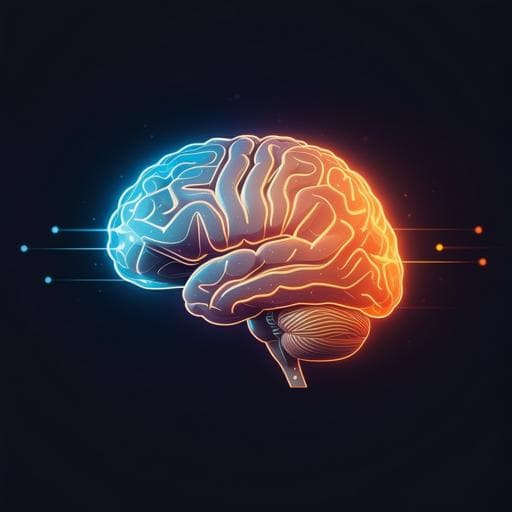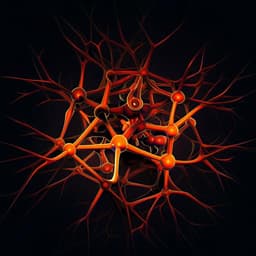
Psychology
Cognitive functions and underlying parameters of human brain physiology are associated with chronotype
M. A. Salehinejad, M. Wischnewski, et al.
This research reveals how individual chronotypes—morning or evening preferences—affect brain function and cognitive abilities. Conducted by Mohammad Ali Salehinejad and colleagues, the study found enhanced motor learning and cognitive performance at preferred times of the day, linked to changes in cortical excitability and neuroplasticity.
Related Publications
Explore these studies to deepen your understanding of the subject.







